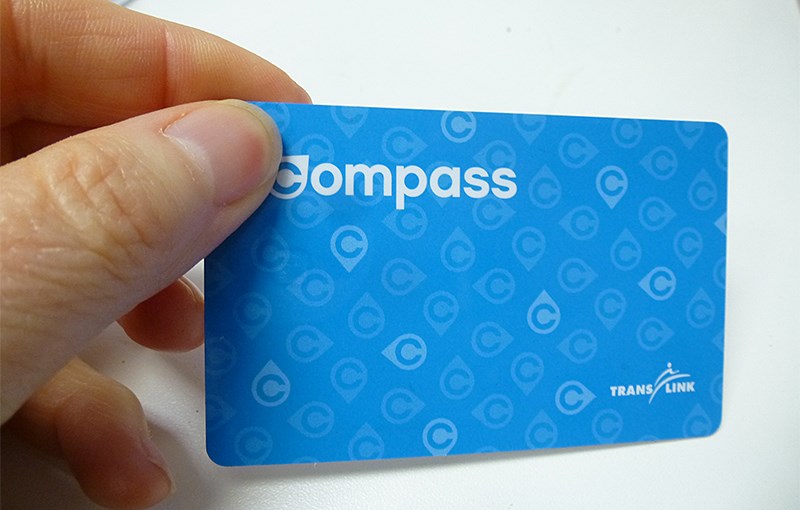New options for how transit fares are paid could benefit Tri-City riders who take short trips.
This week, TransLink launched the third phase of its fare review study and is asking customers to weigh in on two options for how transit could be priced.
One option would see fares priced by kilometre on rapid transit, instead of the current zone system, with a flat fare for buses. Another option would see fares priced by kilometre across the entire transit system. Neither proposal is not likely to affect West Coast Express, which would likely continue to have a premium fare.
The public is also asked to to give feedback on ways to expand customer discounts through the fare structure.
Visit www.translink.ca/farereview to find the survey, explanatory videos and a discussion paper that shows how fares would change with the proposed models and how new technology might be used to calculate fares.
According to a press release, the two preferred fare pricing options were determined through surveys conducted last year and are the result of customers saying they preferred fares based on distance travelled.
"We want to know how customers feel about the options so we can respond with a transit fare structure that better meets the public’s needs," stated Geoff Cross, TransLink vice-president of policy and planning.
The survey is available until Dec. 8 and a final recommendation on a new fare structure is expected in 2018.
Meanwhile, a study into how all modes of transportation are priced — including charges for usage of roads, transit and shared-use modes like bus-sharing, car-sharing and taxis — is being conducted by the Mobility Pricing Independent Commission. TransLink will share its Phase 3 findings with the commission and then use its input to help make final decision on changes to the fare structure.



